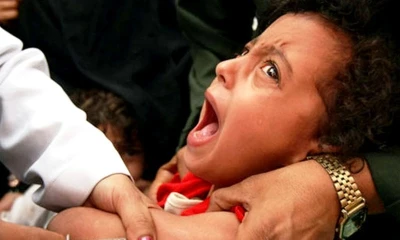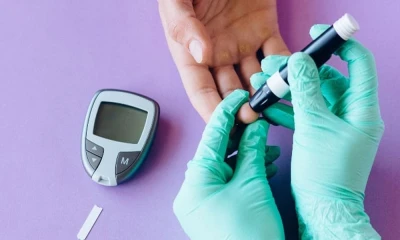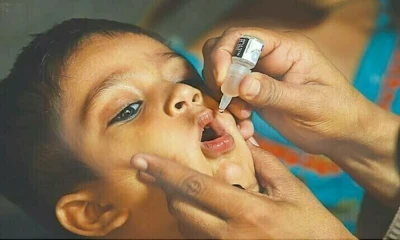Health
Pakistan fully vaccinates 1,513,144 people as rollout continues
Covid-19 confirmed cases have been rising steeply since the middle of last year, but the true extent of the first outbreaks in 2020 is unclear because testing was not then widely available.
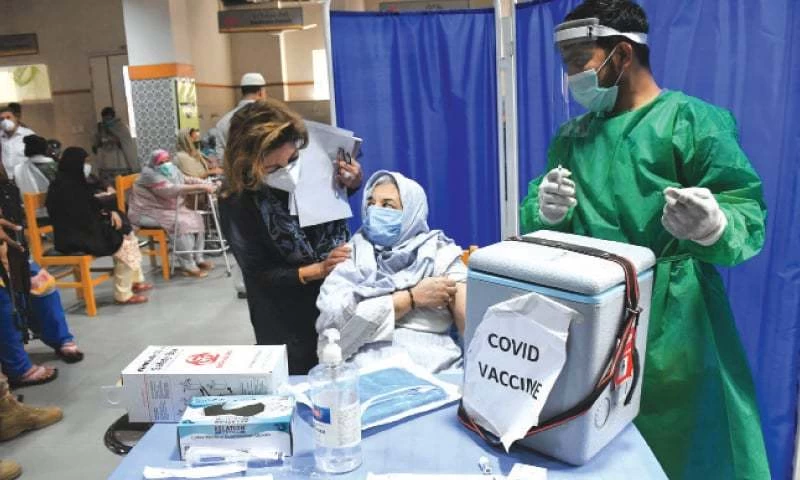
Pakistan has vaccinated 3,180,246 people partially, while 1,513,144 individuals are fully vaccinated and total 6,130,509 doses of coronavirus jabs has been administered.
Country carried out 13,057,951 coronavirus tests over all after conducting 51,625 in a single day.
Deaths have also been rising, however official figures may not fully reflect the true number in many cities.
In the table below, cities are reordered by deaths, active cases, total confirmed cases and recoveries, in coloured bars.
Meanwhile, the government started registering citizens aged 19 and above for vaccination against Covid-19
The announcement was made by Federal Minister of Planning and Development Asad Umar on Wednesday on his official twitter handle.
Registration process:
SMS your 13 digit Computerized National Identity Card (CNIC) no to 1166 from any mobile no or visit nims.nadra.gov.pk
Citizens who are 40 and above can register and just walk-in to nearest center for vaccination.
Scheduled vaccination has been started from 22 May for citizens aged 30-39. Vaccination center and date will be intimated through SMS to registered citizens.
Pakistan is presently experiencing the third wave of coronavirus which is said to be deadlier and more contagious than previous two waves.
According to National Command and Operations Center (NCOC), around 2,482 cases of coronavirus were reported while 67 people succumbed to the disease in the last 24 hours, taking the total death toll to 20,607.
The total number of confirmed cases reached 911,302.
As many as 831, 744 patients have recovered from the disease with 4,109 critical cases.
Several coronavirus vaccines have been approved for use, either by individual countries or groups of countries, such as the European Union and the World Health Organization (WHO).
Of the 189 countries and territories administering vaccines and publishing rollout data, 66 are high-income nations, 100 are middle-income and 23 low-income.
Most countries are prioritising the over-60s, health workers and people who are clinically vulnerable.
Some countries have secured more vaccine doses than their populations need, while other lower-income countries are relying on a global plan known as Covax, which is seeking to ensure everyone in the world has access to a vaccine.
With many countries now having started widespread vaccine rollouts, the number of daily cases is stable or falling in most regions.
However, Asia is the notable exception, mostly due to India's recent surge in cases.
Asia was the centre of the initial outbreak that spread from China in early 2020, but the number of cases and deaths were initially lower than in Europe and North America.
The recent surge in cases in India, Nepal and Japan is changing the picture.
India, which has the second-highest number of cases in total after the US, is currently seeing about 300,000 new confirmed cases every day.
The healthcare system is under extreme pressure, with hospitals at full capacity and daily reports of oxygen shortages.
-
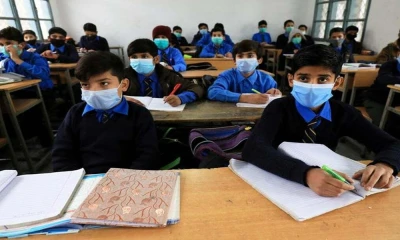
 Pakistan 1 day ago
Pakistan 1 day agoRawalpindi Division: All educational institutions to reopen from Tuesday
-

 Business 21 hours ago
Business 21 hours agoGold glitters again in Pakistan after surge in global markets
-
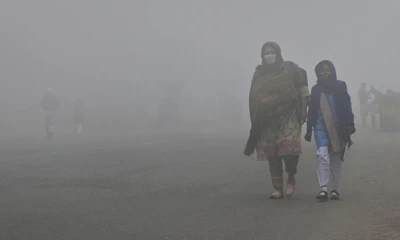
 Regional 17 hours ago
Regional 17 hours agoPunjab govt orders reopening of schools except Lahore, Multan divisions from Tuesday
-

 Regional 1 day ago
Regional 1 day agoSibi by-election: PPP's Sardar Kohiyar Domki wins
-
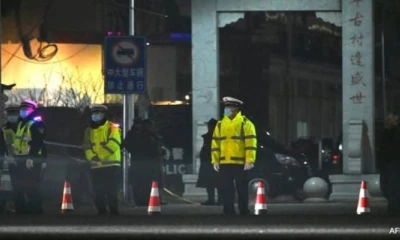
 World 2 days ago
World 2 days agoEight killed, 17 injured in China school knife attack: police
-

 Pakistan 21 hours ago
Pakistan 21 hours agoBids for PIA privatization invited again
-

 Technology 7 hours ago
Technology 7 hours agoSometimes you just need a straightforward, old-school RPG
-

 Technology 22 hours ago
Technology 22 hours agoGmail's new feature to solve major problem






